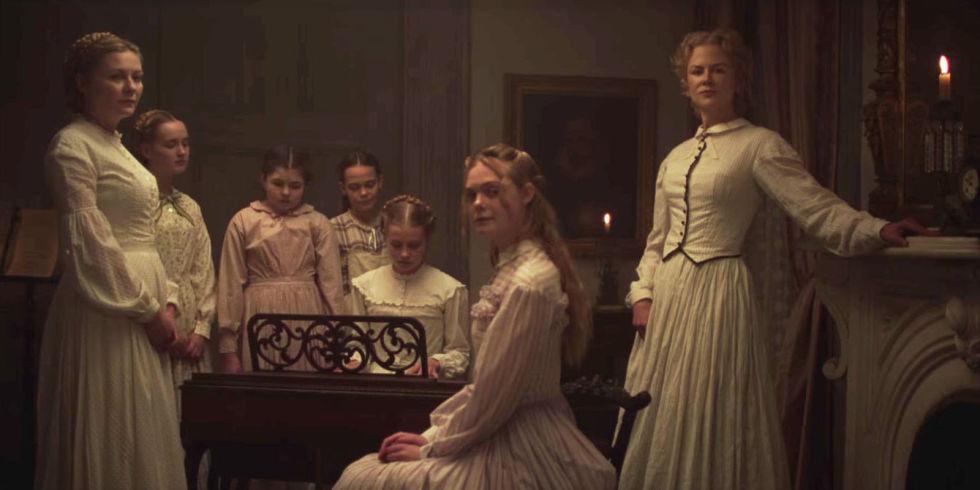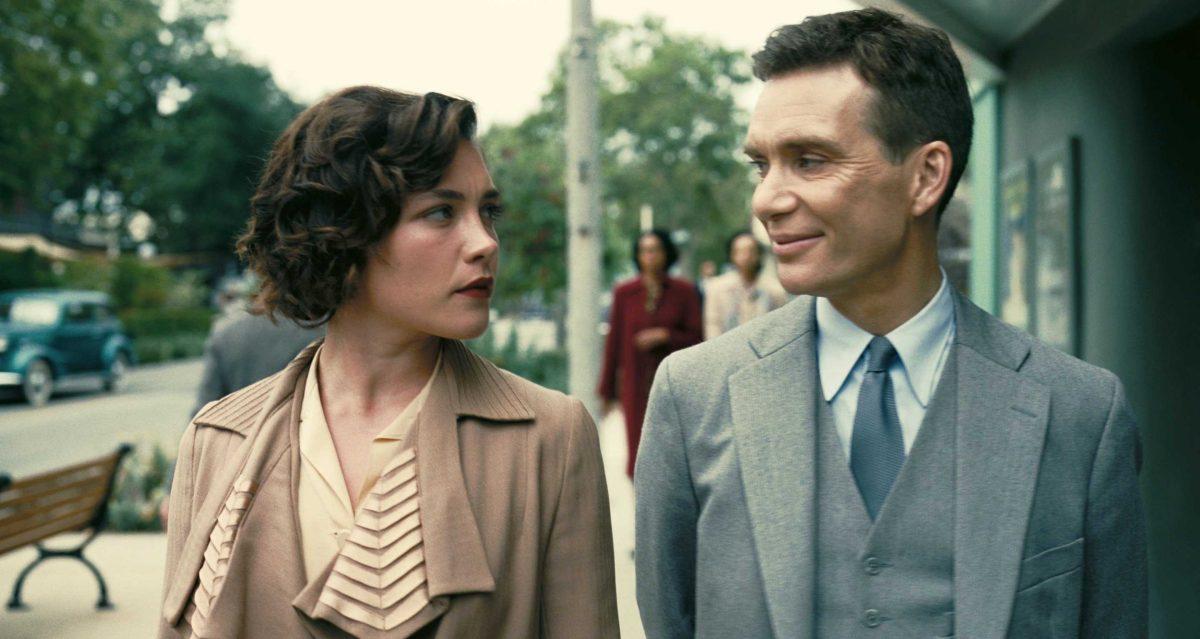Rank: 4/5
Whatever Sofia Coppola touches usually turns to gold in my opinion. This time around, the acclaimed director revamped a 1971 movie about a group of southern women who find a wounded yankee soldier in the forest near their home. Coppola added her dreamy and feminine touches by telling the story from the women’s perspective, unlike the original film.
Nicole Kidman is the headmistress of an all-girls school located on a sprawling plantation in Virginia. The setting is in the midst of the Civil War, so only a few students and one teacher are still living in the home. One of the younger students stumbles upon Colin Farrell, who plays an injured Union Army corporal, alone and at death’s door. The women take him in and nurse his wounds despite Farrell being the “enemy,” under the guise that he will leave once he’s well enough.
It’s comical to see the spell he casts on the women, from the young girls to the seemingly no-nonsense headmistress. Kidman portrays her tough, witty character with grace and a well-crafted southern accent, and easily carries the film with her performance. She is coy about her feelings towards the yankee, yet sexual tension is clear between them.
Kirsten Dunst plays the teacher of the house. At first reserved and shy, she soon falls head over heels after the corporal compliments her. Elle Fanning rounds out the list of lovestruck women by depicting a sly and flirtatious teen.
Sofia Coppola makes the antiquated, and at times slow, drama more enticing with her subtle touches by way of romantic costumes and music scored by the band Phoenix, whose lead singer happens to be Coppola’s husband.
Besides the movie having its dull moments, it was incredibly well done, especially considering it being a period piece and with Coppola taking a risk with the storyline. The entire cast play their parts extremely well, to the point where I was convinced they were actually Civil War-era civilians.
The movie takes a sharp and dark turn toward the end, adding some excitement to the plot. Farrell lashes out at the group he once had eating out of the palm of his hand, and everyone except Dunst realizes they have to find a way to get him out of the house for good. Without spoiling the rest of the film, I will say the ending was abrupt and left me searching for a deeper meaning that I thought I may have missed. Yet that in itself is one of the many things Coppola does best — leaving the audience yearning for more.








